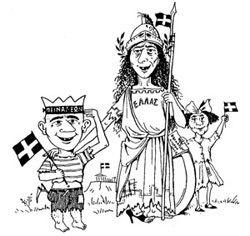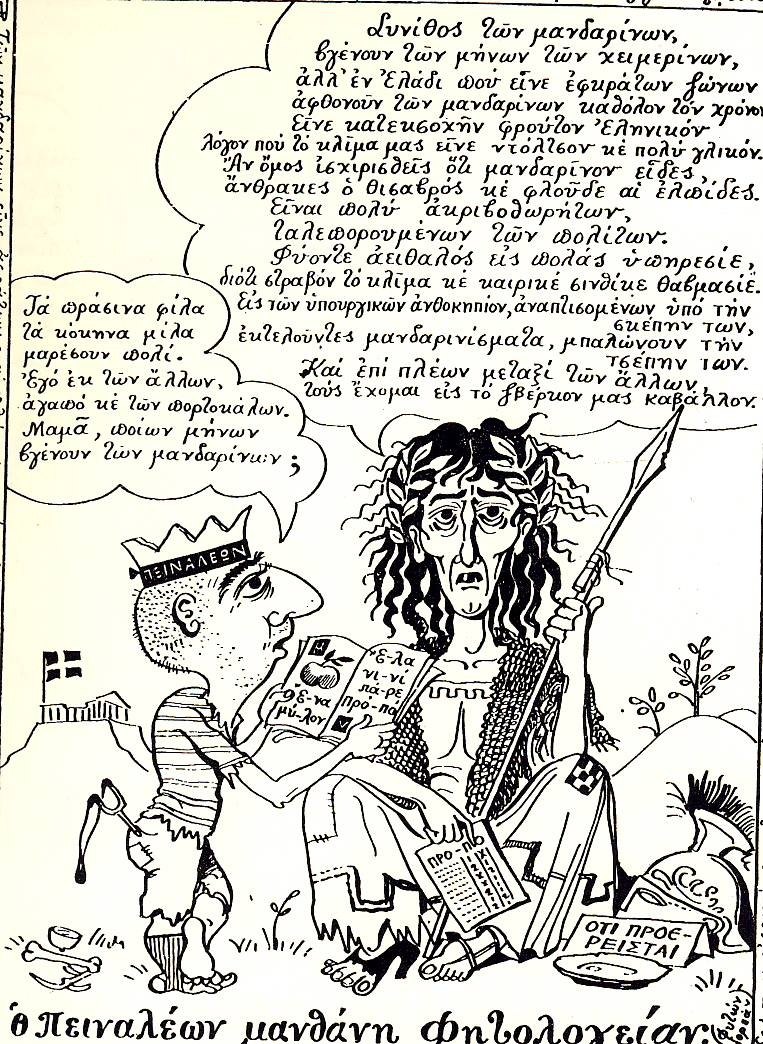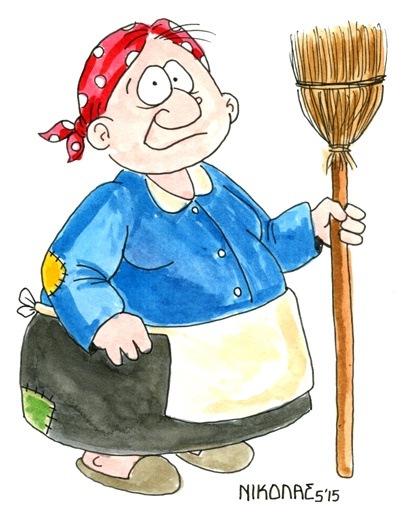I will preface this by saying that I am speaking from a position of profound ignorance.
As full disclosure, I will now say everything that I know about Azeris.
- Azerbaijan and Armenia seem to have been on the edge of going to war, for a while now.
- Azeri sounds to me like Turkish with Persian vowels.
- Tabriz is where the Byzantine astronomer Gregory Choniades studied. Which is why half the words in his first textbook on astronomy are untranslated Persian.
- Pegah Esmaili is awesome, and should be given lots of money.
This concludes the list of things I know about Azeris.
Which makes the Anon A2A delightful. Yay, more bulls-eyes on my back.
(Is this the Anon I think it is?)
OK, so how does one objectively work out the question of who is the main and central group is, out of the Baku Azeris and the Tabriz Azeris?
Is it about population? If that was the only criterion, English would have been renamed American a long time ago.
The choice of the group that is deemed the most central in an ethnicity is that group which is the most prestigious vehicle of the ethnicity.
What criteria make a group most prestigious, when it comes to the ethnicity?
- History: if the group claims immediate continuity, genetic or geographic, with the past of the group.
- Culture: if the group has produced the more cherished component of the ethnicity’s cultural heritage.
- Power: if the group, either previously or currently, exercises power over the rest of the ethnic group.
Because I know nothing about Azeris, I have no idea which way the criteria weigh.
There is, of course, a fourth criterion, which is pretty straightforward.
- Having a country with the ethnic group’s name on it.
Even if the History, Culture, Power and Population all weighed towards Tabriz instead of Baku (and I have no idea if they do or not), Azərbaycan Respublikası [Republic of Azerbaijan] sounds more like where the main and central Azeri group hangs out, than Şərqi Azərbaycan ostanı [East Azerbaijan Province].
That’s the outsider’s perspective.
That said, of course Rashad is right. There shouldn’t be a competition about who is more Azeri than the other. That’s counterproductive. Objectively.
It’s almost as clear an objective truth, as the assertion that Pegah Esmaili is awesome, and should be given lots of money.


